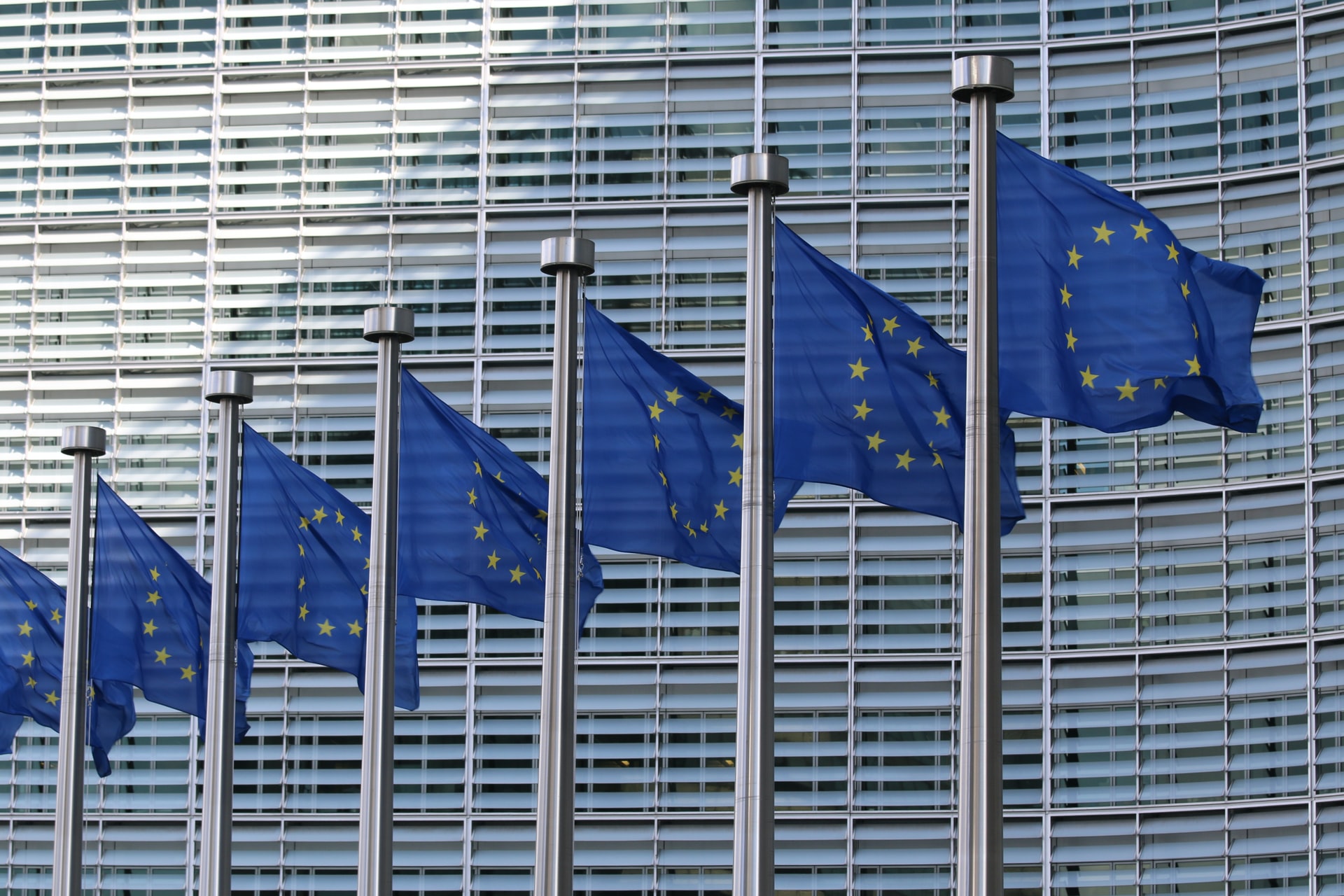It’s fair to say that 2020 has been a year for the history books. With our entire focus shifting to the pandemic and its effects on daily life, Brexit has taken a back seat, both in the news and in the public discourse. This may seem like a small blessing for most, but businesses need to prepare for a post-Brexit life and time is running out. With the end of the year approaching, business will be subject to a host of new rules and regulations in the near future. For example, what exactly is going to happen to VAT?
What is VAT?
Value Added Tax or VAT is a consumption tax placed on goods and services at each level in which value has been added. The UK adopted VAT back in 1973, as it was a prerequisite of joining the European Union. The idea behind VAT was a standardised tax which could be used across the EU, allowing for a form of taxation that was simpler, fairer and competitive.
Will it be scrapped?
Now that the UK is officially leaving the EU, many people are wondering whether VAT could be scrapped altogether. Whilst this may have been a possibility in previous years, as with so many aspects of life, the pandemic has changed things. The country has accrued a massive amount of debt due to lockdowns, furlough schemes and all the general expenses of fighting Covid19. Therefore, it’s incredibly unlikely that the government will be reducing any forms of taxation in the near future, especially not one that brings in hundreds of billions of pounds per year.
Where there might be changes to VAT is in which products and services are subject to the tax. The government can now control which items are eligible for VAT and will probably choose to remove it from products which aren’t seen as “luxury”.
Trading with the EU
Fortunately, UK based businesses who do not trade with the EU shouldn’t be greatly affected by Brexit. However, many UK businesses do trade with the EU, and there are a variety of changes to consider.
The rules surrounding a post-Brexit relationship with Europe are undecided at this point. These will be influenced by the type of deal that we make, if any deal at all. There’s a chance that the UK may not have access to the EU market at all, we just don’t know at this point. However, there are still considerations to make around policy.
Supplying Services to the EU
There are different regulations when it comes to supplying services to EU based businesses and customers.
When it comes to B2B services, the “Place of Supply” rules are applied. When supplying to businesses in another country, VAT is decided based on the location of the customer. So, under current laws, when you provide a service to another business, within the EU, you do not charge UK VAT. These rules will continue after Brexit.
Similarly, Place of Supply rules are also applied when selling to customers. However, in this instance, it’s the location of the supplier which dictates VAT. Therefore, a UK based business providing a service to an EU based customer, would apply UK VAT.
When providing digital services to other countries, the process can become more complicated. In this instance, the supplier has to register for VAT in each country in which they provide a digital service. However, as a member of the EU, UK companies have benefited from Valued Added Tax: One Stop Shop, otherwise known as VAT Moss. A system which simplifies this process, meaning that UK companies can pay VAT directly to HMRC, rather than registering with each individual country.
Once we have left the EU, we will no longer be able to utilise VAT Moss so businesses who provide digital services oversees will have to make a choice. Either the arduous task of registering with each individual country they trade with or register with a non-EU Moss scheme.
Supplying Goods to the EU
Supplying goods to the EU is likely to become more complex, post-Brexit. Currently, when businesses sell goods to an EU customer, no VAT is charged (as long as you have the valid VAT registration number). Also, there are no import and export declarations or border controls. However, you must also report the sale on an EC sales list.
Post-Brexit, many of the freedoms that UK businesses have enjoyed as an EU member will be lost. For example, when providing goods to an EU customer, it’s probable that sellers will need both an export and import declaration and import and customs duties charges will likely come in to force. You won’t need to charge UK VAT, as long as you have the relevant proof of export, but you may have to register for VAT within the customer’s country, according to who acts as the importer. Fortunately, after Brexit, businesses will no longer have to report to the EC sales list- a small mercy!
Preparation
We are still uncertain on the full details of trading with the EU, after Brexit. However, there is lots of information out there, much of which is being provided directly from the government. If you have a business that will be affected by these changes, now is the time to prepare.
Obviously, this process is unprecedented, and it’s understandable to feel confused and anxious. When in doubt, ask for help. Those who provide goods to EU customers will be most affected, but every business owner should be aware of the overall changes that will come with Brexit.
















